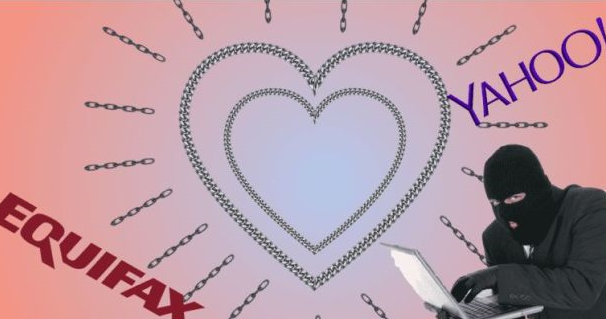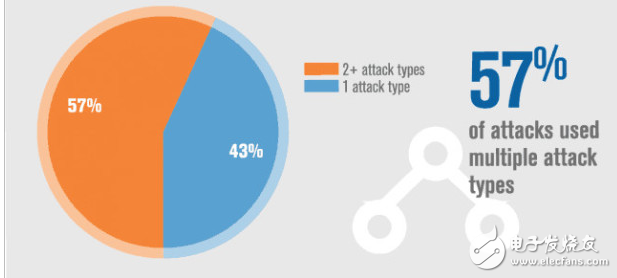In today’s digital age, network vulnerabilities have become one of the most critical security challenges. As blockchain technology gains momentum, some experts believe it could be the next big solution for securing online systems and enabling secure communication over unreliable networks.
2017 was a year marked by major cybersecurity breaches. From the Yahoo data leak to the Equifax scandal, billions of users’ personal information was exposed. These incidents, along with previous hacks like the Apple iCloud breach, have made network vulnerabilities a reality we can no longer ignore. Are we doomed to be victims of cyberattacks? Will we continue to face escalating threats without a reliable defense?

It seems that blockchain technology has the potential to address many of these issues. More importantly, it is now being considered as a key upgrade to the global internet infrastructure, offering a new approach to secure data transmission.
Blockchain solves the challenge of reliable communication on unstable networks. Unlike traditional systems that rely on centralized authorities, blockchain eliminates the risk of data leaks or authentication failures caused by attacks on central nodes. Instead, it uses mathematical algorithms and data structures to provide three core security advantages compared to conventional methods.
First, blockchain replaces centralized authentication with a consensus mechanism. In traditional networks, user verification depends on a central authority (CA), making the entire system vulnerable if that center is compromised. With blockchain, there is no need for a third-party trust platform. Data must be verified by the majority of nodes before it is recorded, making it extremely difficult for attackers to alter the system without controlling at least 51% of the network.
Second, any attempt to tamper with data becomes nearly impossible. Blockchain stores information in a time-stamped chain of blocks, adding a time dimension that ensures traceability and verifiability. If one block is altered, all subsequent blocks are affected, significantly increasing the difficulty of data manipulation.
Third, blockchain is highly resistant to DDoS attacks. Since each node holds a complete copy of the blockchain, an attacker would need to compromise a large portion of the network to disrupt it. Even if one node is hacked, the rest can still maintain the integrity of the system.
The application of blockchain in network security is promising. Many companies around the world are exploring its use in finance, healthcare, and the Internet to enhance security. For instance, blockchain can help manage and protect user authentication data, improve data integrity, prevent DDoS attacks, and strengthen IoT security.
- **Managing User Authentication**: MIT's CertCoin introduced a blockchain-based public key infrastructure, eliminating the need for centralized authentication. This prevents single points of failure. Similarly, Ukrainian company Ukroboronprom uses blockchain to manage user credentials, reducing the risk of identity theft through fake authentication messages.
- **Improving Data Security**: GuardTime, a leading blockchain company, provides data confidentiality and integrity for millions of medical records in Estonia. DARPA is also using similar techniques to secure military data.
- **Blocking DDoS Attacks**: Companies like Nebulis are developing blockchain-based domain name systems to prevent unauthorized access. Others, such as Blockstack and MaidSafe, are using decentralized web technologies to reduce reliance on centralized servers and databases.
- **Enhancing IoT Security**: Through smart contracts, blockchain can authenticate IoT devices and detect malicious activity. During the 2016 Mirai botnet attack, thousands of IoT devices were exploited. In a blockchain system, if a device behaves suspiciously, other nodes can identify and isolate it, preventing further damage.

Blockchain offers secure information exchange, full data storage, and trusted node authentication. It introduces a new model for network security, shifting from traditional boundary protection to a distributed system where every node contributes to security. This makes it highly effective against malicious attacks.
While the government and enterprises are increasingly recognizing the value of blockchain, the technology is still evolving. There are still security risks and vulnerabilities to address. Therefore, future efforts should focus on strengthening blockchain regulation and security practices, ensuring that its full potential is realized in the fight against cyber threats.
Class 2 Power Adapter 12V,Switching Adapter 12V,12 Volt Power Adapter,12V Class 2 Power Adapter
ShenZhen Yinghuiyuan Electronics Co.,Ltd , https://www.yhypoweradapter.com